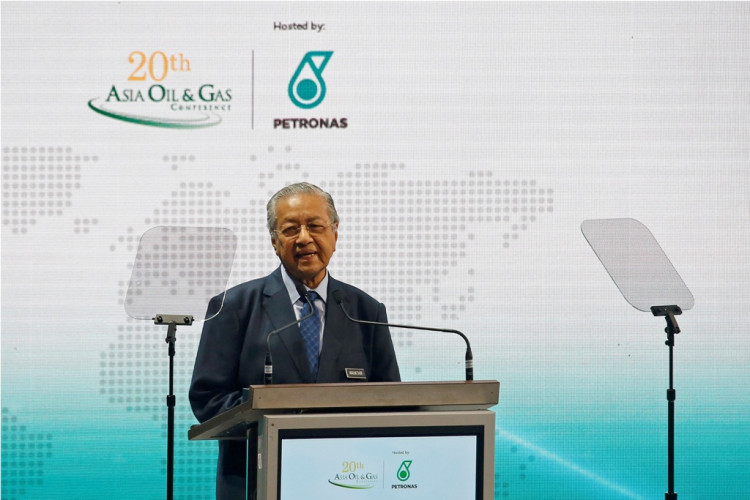Malaysia's Department of Statistics predicted that the economy will perform better from August to October, raising hopes for a potential revival of what was once an Asian tiger.
According to The Sun, Chief Statistician Malaysia Datuk Seri Dr. Mohd Uzir Mahidin noted that the forecast is supported by "a stronger Leading Index (LI)" that indicates whether the economy is improving or not.
In April, Malaysia's LI improved by 2.6 percent, standing at 120.0 points. A trend in improving LI is helping boost the local economy despite both external and internal headwinds such as the China-U.S. trade war and lower confidence in the government.
The China-U.S. trade war has put Malaysia in an uncertain status but the government said it continues to find ways to curb the negative impact of the dispute. The administration's slower progress compared to expectations has also led some citizens to believe that economic revival may be far from reach at this point.
The positive forecast came days after Managing Director of the International Monetary Fund (IMF), Christine Lagarde, heaped praise on Malaysia's efforts to diversify its economic drivers and enhance the local financial industry.
In a post on the IMF's official blog, Lagarde noted that there are three things Malaysia should focus on if it wants to keep improving the local economy and boost growth.
Lagarde said the government should find an effective way to tackle corruption. She pointed out that the administration under Prime Minister Mahathir bin Mohamad has proven that it can establish reforms that should face corruption head-on.
However, Lagarde argued that implementation is the key towards achieving a government that focuses on the needs of its people and not on the unlawful benefits corrupt politicians can get from the masses.
Lagarde said the second thing Malaysia should continue investing in is quality education since well-read and educated people from the next generation will help establish an economically stable country.
Finally, Lagarde said Malaysia should consider boosting women empowerment in the labor force. She said implementing further reforms to help women have more equal benefits in the workforce will help boost overall productivity.
On Tuesday, investment banking group Affin Hwang Capital's Chief Economist Alan Tan Chew Leong noted that a cold trade war between China and the United States will largely affect the Malaysian economy.
Leong pointed out that Malaysia's "open economy" that relies largely on trade will be hit massively in the worst-case scenario wherein the meeting between China's Xi Jinping and the U.S.'s Donald Trump at the G20 Summit later this week fails.
On the other hand, Leong said strong domestic demand is expected to help curb negative effects that could hamper growth.






